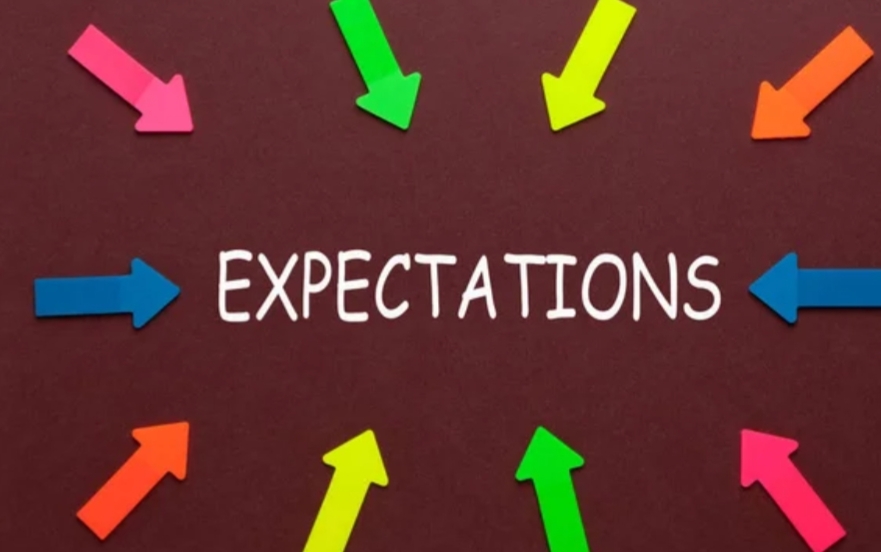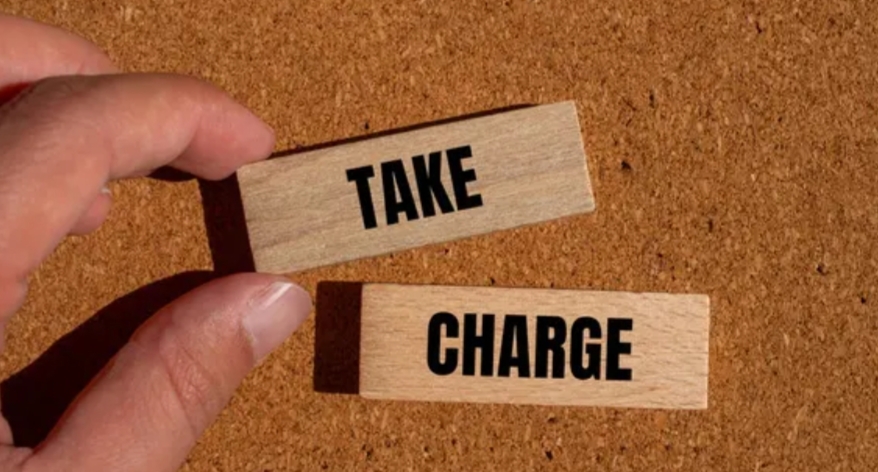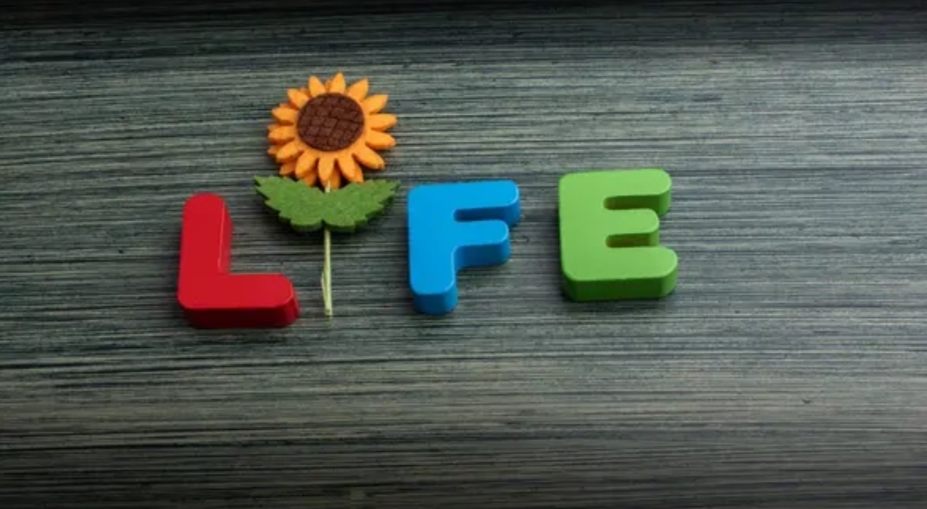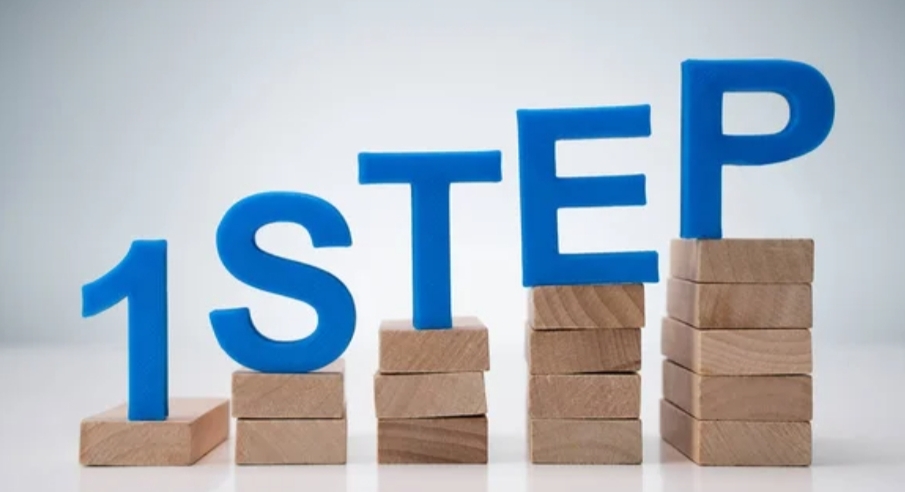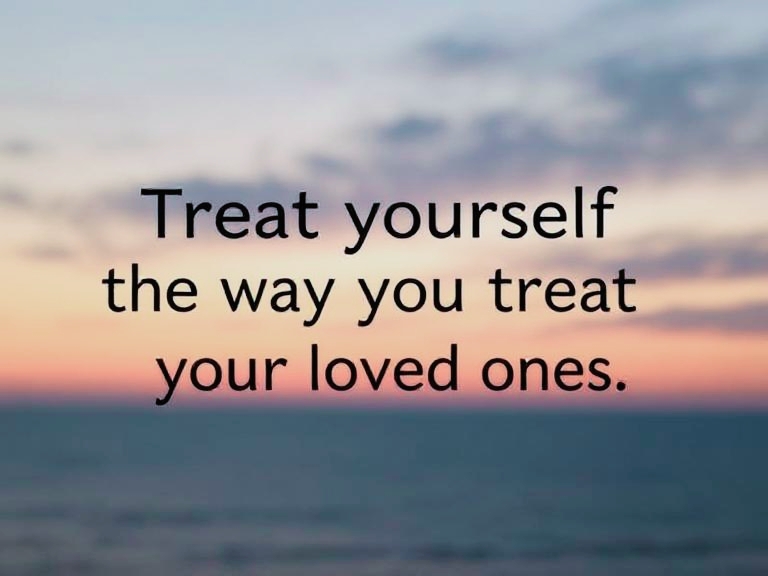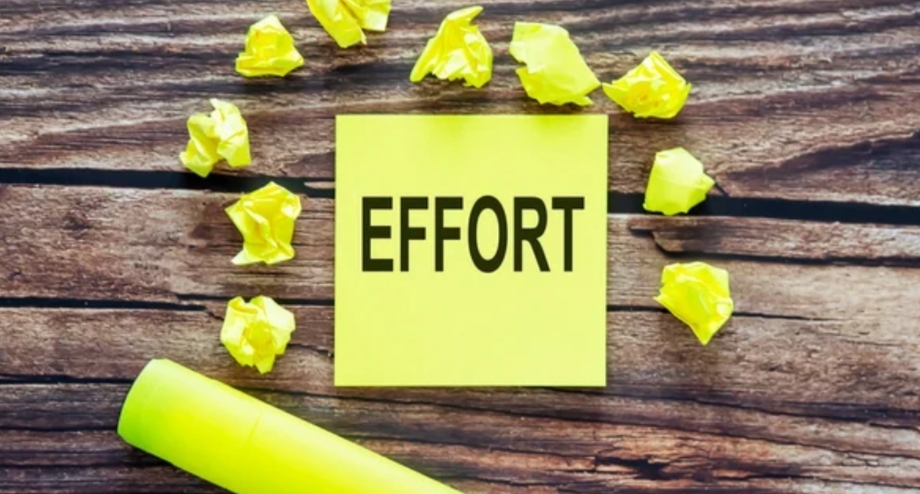
We’ve all heard the advice to “work hard,” but hard work alone is a recipe for exhaustion, not success. True achievement comes from applying your effort strategically. If you feel like you’re constantly busy but not moving forward, you might be putting your energy and efforts in the wrong places.
Learning to direct your efforts effectively is the key to maximizing your impact, accelerating your goals, and avoiding the dreaded burnout.
1. Define the Destination First
Before you take a single step, you must know where you are going because, clarity is power. Vague goals lead to scattered effort.
- Specify Your Outcome: Don’t just aim to be successful. Define what success looks like for this specific project or area of your life. Is it launching a product? Landing a new client? Finishing a marathon?
- The 80/20 Rule: Identify the 20% of activities that will produce 80% of your desired results. Stop spending time on low-impact, time-consuming tasks that only provide minimal return.
- Create S.M.A.R.T. Goals: Ensure your goals are Specific, Measurable, Achievable, Relevant, and Time-bound. This framework acts as a GPS for your effort.
2. Identify and Focus on High-Leverage Activities
High-leverage activities are those tasks that, when completed, create a ripple effect, making subsequent work easier or more effective.
- The Bottleneck Test: What is the single biggest obstacle preventing you from reaching your goal right now? Put 80% of your energy into removing that bottleneck. Until that roadblock is clear, work on smaller tasks will only pile up behind it.
- Master the Core Skill: In any field, there are 1-2 core skills that generate the most value. If you’re a writer, it’s compelling storytelling. If you’re a manager, it’s clear communication and delegation. Invest your time and effort in deep practice of those core skills in order to achieve your goals.
- Stop Starting, Start Finishing: A common effort trap is constantly starting new projects. The effort required to complete the last 10% of a task is often disproportionately high, but it’s the only part that delivers value. Practice the discipline of completing tasks before shifting focus.
3. Energy Management Over Time Management
You don’t just have 24 hours in a day; you have different levels of energy and focus throughout that day. The right effort is applied when your energy is at its peak.
- Know Your Peak Performance Times: Are you a morning person or a night owl? Schedule your most challenging and important tasks during the 2-3 hours when you know your concentration is the strongest.
- Tackle the “Worst First”: Mark Twain famously advised, “Eat a live frog first thing in the morning and nothing worse will happen to you the rest of the day.” Therefore, putting significant effort into your hardest task first prevents procrastination and gives you momentum.
- The Power of Rest: Rest isn’t the opposite of effort; it’s a critical component of sustained, quality effort. Bursts of intense work followed by intentional breaks prevent the kind of fatigue that makes your effort sloppy and unproductive. Therefore, take proper rest and keep your body and mind healthy for your goals.
4. Continuous Review and Adjustment
You can’t steer a ship that’s already docked. You must constantly monitor your trajectory to ensure your efforts are still aligned with the goal.
- Review Your Inputs vs. Outputs: At the end of the week, look at your to-do list versus your accomplishments. Are you spending all your time on email (input) and getting no key deliverables (output)? If so, pivot your focus.
- Seek Feedback: Effort is often wasted when we operate in a vacuum. Ask a trusted peer, mentor, or manager: “What’s the one thing I’m doing right now that is wasting my time?” External perspective can instantly illuminate misdirected energy.
- Know When to Quit: Sometimes, the “right place” for your effort is not that task or project at all. If a goal is no longer relevant, the market has shifted, or the cost (in time and energy) outweighs the potential return, the smartest effort is to gracefully let go and reallocate your energy to a more promising venture.
Putting your efforts in the right place is not about magically having more time or more energy; it’s about intelligent allocation. By defining a clear target, focusing on high-leverage activities, respecting your natural energy cycles, and constantly adjusting your course, you transition from being busy to being effective.

